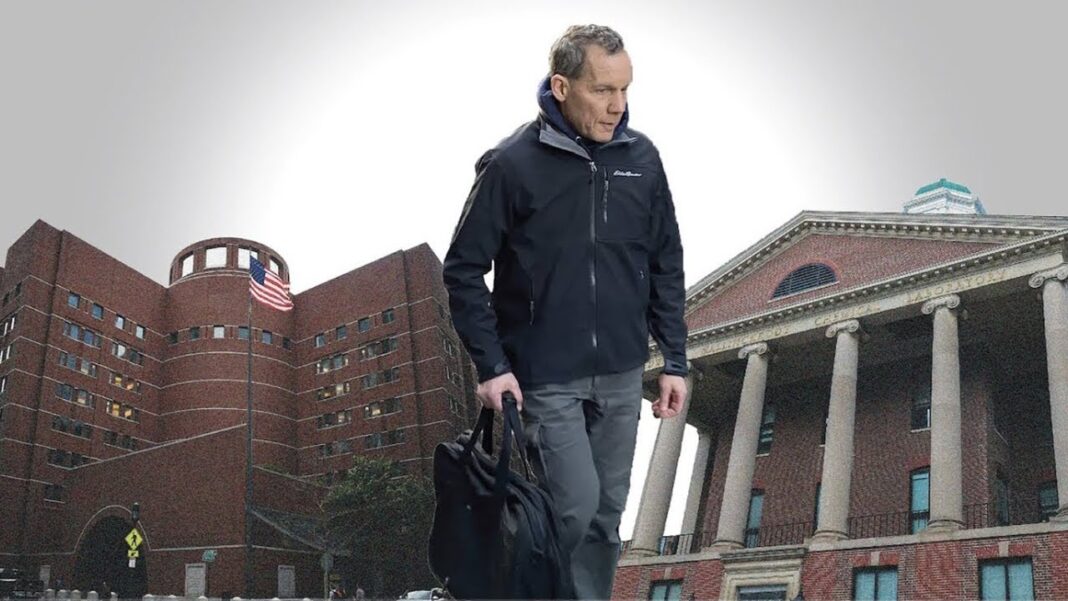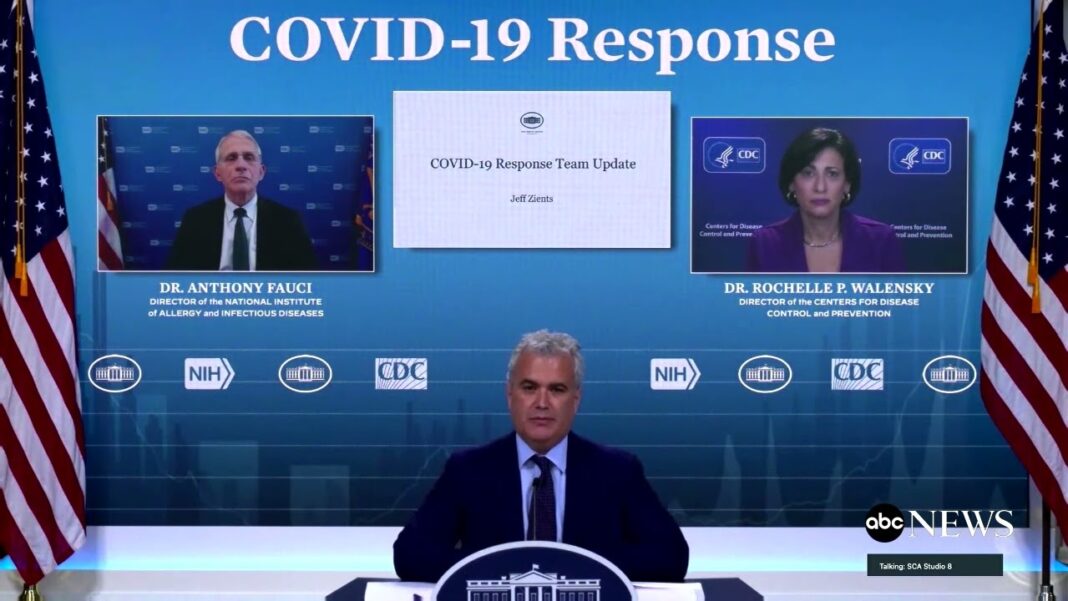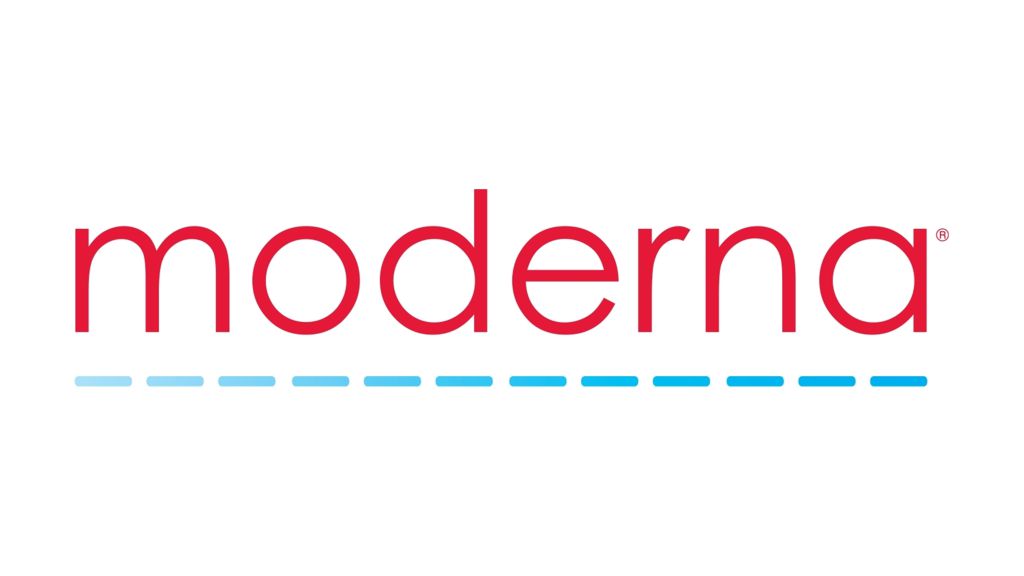The former chair of Harvard University’s Chemistry Department accused of hiding Chinese ties had admitted to taking tens of thousands of dollars from China, video footage presented in federal court on Dec. 17 shows.
The footage, shot during an interrogation by federal investigators of nanoscientist Charles Lieber, was played for jurors on the fourth day of the trial regarding Lieber’s alleged false statements about China funding.
The 62-year-old Harvard professor had maintained that he didn’t take payments from a Chinese university, except for compensation of his travel costs to China. But he shifted his story quickly after FBI agents Robert Plumb and Kara Spice presented him with copies of evidence, including a bilingual contract he signed with the Wuhan University of Technology (WUT) in 2011.
“That’s pretty damning,” Lieber, dressed in a blue jacket, told the agents at the campus police station during a three-hour interrogation, which took place on the day of Lieber’s arrest nearly two years ago, local media outlets reported. “Now that you bring it up, yes, I do remember.”
The five-year agreement described Lieber as a “strategic scientist” at the Chinese school, which entitled him to $50,000 per month with approximately $158,000 in living expenses. It also alluded to his future involvement with China’s Thousand Talents Plan, a state-run program to solicit top scientific and specialized experts from around the world.
Later in the interview, FBI agents showed Lieber an email that he had written asking Wuhan University to pay half of his salary in cash and to deposit the other half into a Chinese bank account.
“I can’t even believe I did this,” Lieber said in response, according to local media reports. “It’s my mistake, and obviously I made a mistake.”
Lieber said he likely made no more than six trips to China around 2012 and was paid between $10,000 and $20,000 each time he made the trip, according to local media reports. He had spent the money—a total that he estimated to be between $50,000 and $100,000—on groceries and living expenses, such as housekeeping.
The payments were in $100 bills that Lieber brought back in his luggage, he said. He didn’t declare them at customs nor did he pay any taxes on the money.
“If I brought it back, I didn’t declare it, and that’s illegal,” he told the FBI agents.
In the recording, Lieber repeatedly said he couldn’t recall the precise amount of money he had received from Wuhan University, blaming the lapses on his “selective memory,” according to local media outlets.
The Chinese bank account set up for him had a balance equivalent to $200,000 under Lieber’s name as of 2014, which the scientist said he never tapped into, in part because of his deteriorating health and a recent cancer diagnosis.
By Eva Fu









